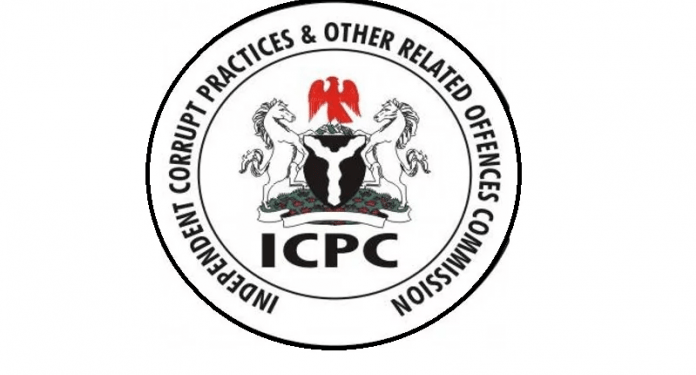The Independent Corrupt Practices and Other Related Offences Commission (ICPC) is set to arraign a firm and three former aides of ex-Kaduna State governor, Malam Nasir El-Rufai.
ICPC’s Spokesperson, Mr Demola Bakare, in a statement on Thursday in Abuja, said that the accused persons would be arraigned in court on Friday in a fresh N64 million money laundering charge.
According to him, the ex-appointees are Mr Lawal Adebisi, a former Senior Special Adviser to El-Rufai, Mr Umar Waziri an ex- Accountant General of Kaduna State, and Mr Yusuf Inuwa, a former Finance Commissioner in the state.
”Also joined in the suit is Solar Life Nigeria limited, the company, which bank account was believed to have received the diverted funds.
”In the suit filed at the Federal High Court, Kaduna Judicial Division, ICPC is accusing Lawal of conniving with the two other accused persons to have diverted the total sum of N64.800 million.
”The money was sent in three tranches of N10 million, N47.840 million and N7.320 million to the bank account of Solar Life Nigeria limited where Mr Lawal is believed to be the sole signatory.
”The four accused persons are expected to appear in court on Friday to take their plea,” Bakare said.
The ICPC had, last week in a separate charge, arraigned the former Chief of Staff and Commissioner for Finance in Kaduna State, Alhaji Muhammad Sa’idu for a money laundering.
The commission, in a two-count charge, also filed before the Federal High Court in Kaduna, accused Saidu of accepting a cash payment of N155 million from Ibrahim Muktar, a public officer in the Ministry of Finance.(NAN)











